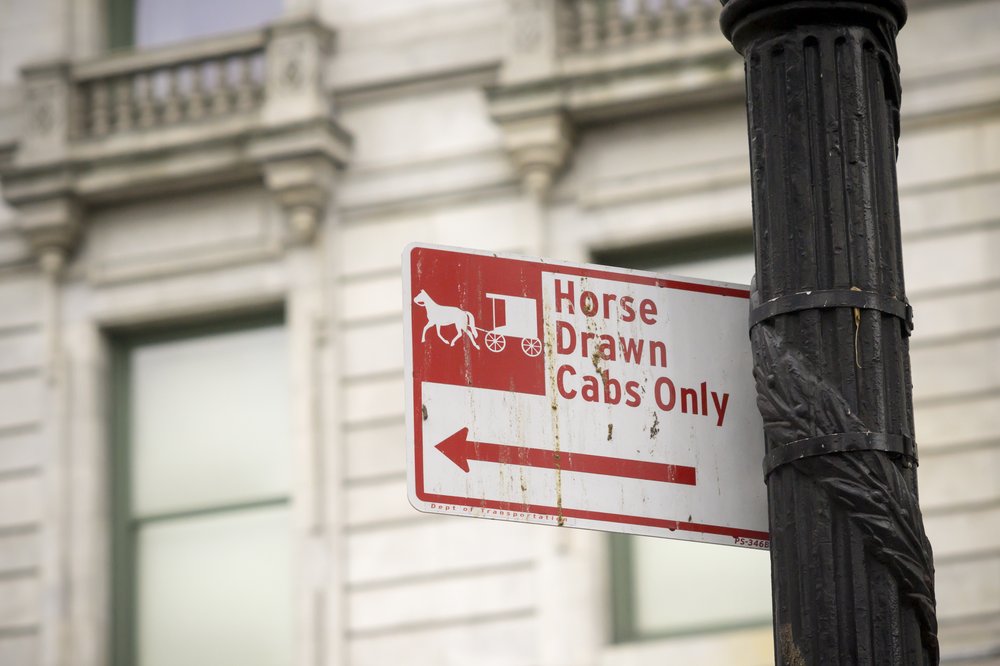Central Park carriage driver pushed collapsed horse ‘too hard,’ prosecutors say at trial
July 15, 2025, 4:35 p.m.
The horse, Ryder, collapsed after working in August 2022. He retired to a farm and was euthanized a few months later.

A Central Park carriage horse driver broke the law when he kept driving an old and underweight horse until it collapsed on a hot summer day, prosecutors said during opening statements at the driver’s Manhattan criminal trial Tuesday afternoon.
Ian McKeever, 56, faces a misdemeanor charge of overdriving, torturing and injuring animals. On Aug. 10, 2022, he drove a horse named Ryder around Central Park as the animal panted and struggled to haul his carriage uphill, said Assistant District Attorney Taylor Maurer. McKeever, she said, worked the horse beyond its limits.
“Simply said, he pushed him too hard,” Maurer told the jury.
Ryder collapsed on Ninth Avenue as he was walking toward a stable on 38th Street that evening, the prosecutor said. She said members of the NYPD’s mounted unit responded and found the horse in distress. A crowd gathered around as Ryder struggled to stand and police attempted to cool him down, the prosecutor said. After about an hour, Mauer said, the horse stood back up.
Ryder retired later that month to a farm and was euthanized several months later. The horse’s collapse and subsequent death sparked outrage and fueled calls from animal rights activists to shut down the city’s carriage horse industry. The union representing horse drivers proposed more oversight and training to protect horses’ health and well-being.
McKeever’s defense attorney, Raymond Loving, said in his opening statement that his client has been driving horses in Central Park for almost 30 years and had only been driving Ryder for about two weeks before the horse's collapse. The defense attorney said McKeever has a reputation among fellow drivers as a “good guy” and responsible driver who “cared deeply about his horses.” Loving said Ryder fell that day because he tripped and denied that the horse was overheating.
“The evidence just does not prove, let alone beyond a reasonable doubt, that Ian was overdriving Ryder,” he said.
Several witnesses testified Tuesday, including a mounted patrol officer who responded to the scene and a woman who took photos of Ryder in Central Park because she thought he looked unwell.
Caroline Londahl-Smidt testified that she was taking photos for her daughter’s birthday in Central Park when she saw the horse walk past and noticed him walking so slowly that it caused a backup with the other carriages.
She said the horse’s ribs were “very visible” and that “he looked sick.” She also said the horse’s driver seemed to be screaming at the horse to move and “looked really pissed off.”
“I saw this horse, and I had to get some type of evidence,” she said.
NYC horse carriage driver’s arrest renews calls for industry reform Carriage horse who collapsed on Manhattan street in August has died